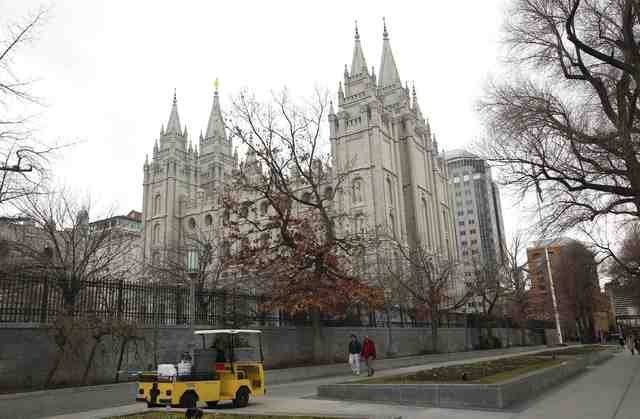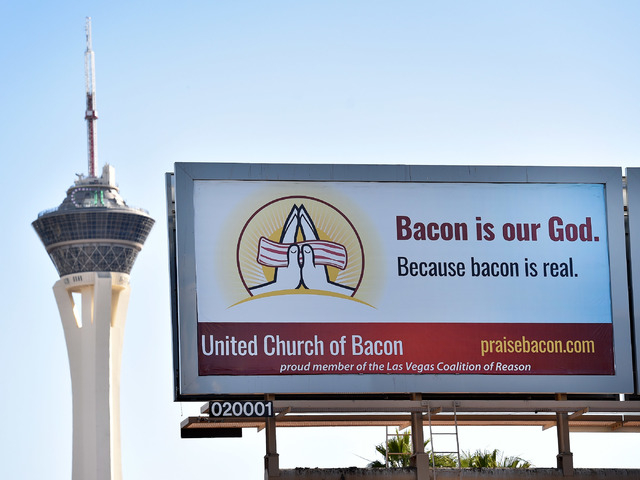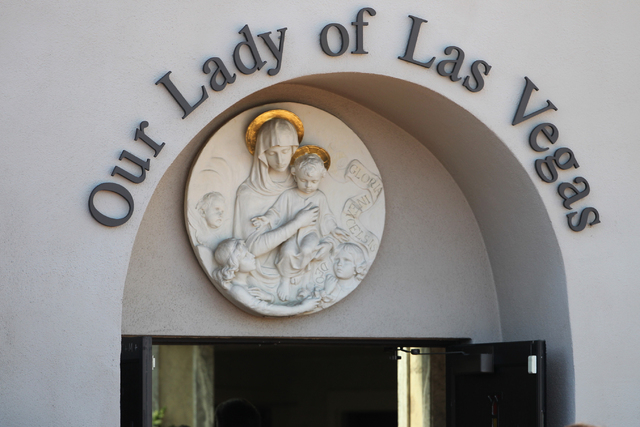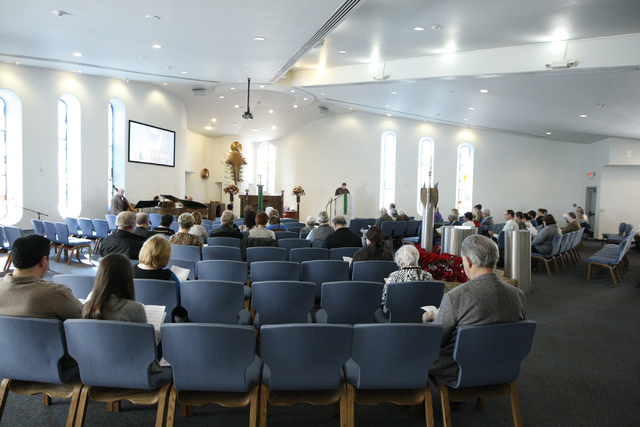Fewer people are associating themselves with religion
The share of U.S. residents who identify as Christian has shrunk over the past seven years while adults unaffiliated with organized religion now represent a larger portion of the public, a poll released on Tuesday found.
Between 2007 and 2014, the number of adults who self-identified as Christian fell from 78.4 percent to 70.6 percent, or 172.8 million people, driven mainly by drops among Roman Catholics and some Protestants, according to the Pew Research Center poll.
Non-religious U.S. adults who identify as atheist, agnostic or of no particular faith have seen their ranks swell over that same time period by about 6 percentage points to 22.8 percent of the population, or 56 million people.
“One of the most important factors in the declining share of Christians and the growth of the ‘nones’ is generational replacement,” the report said, referring to respondents who chose no religious identity. “As the Millennial generation enters adulthood, its members display much lower levels of religious affiliation.”
The report, which compares to a similar Pew survey conducted in 2007, found that while the decline in Christianity was most pronounced among younger adults, there were significant declines across ages, races, genders and geographic regions.
Many people who were born to Christian families, later renounced or drifted away from their faith. The report said 85 percent of U.S. adults were raised in Christian households but nearly a quarter of them no longer identified as such.
The nation is still home to more Christians than any other country, according to Pew.
Evangelical Protestants, while seeing a slight dip in recent years, remain the largest single Christian denomination at roughly a quarter of the U.S. public.
Further, while Christianity may have lost ground, many of those who describe themselves as unaffiliated still “believe in God” or consider themselves to be “spiritual,” according to Pew.
Respondents who identified as Jewish rose 0.2 percentage points to nearly 2 percent of the population, while those identifying as Muslim more than doubled to 0.9 percent. Those who identified as Hindus rose slightly to 0.7 percent, and the number of Buddhists was unchanged at 0.7 percent.
The poll surveyed roughly 35,000 adults across the United States between June and September 2014 by telephone. The margin of error is plus or minus 0.6 percentage points.




















